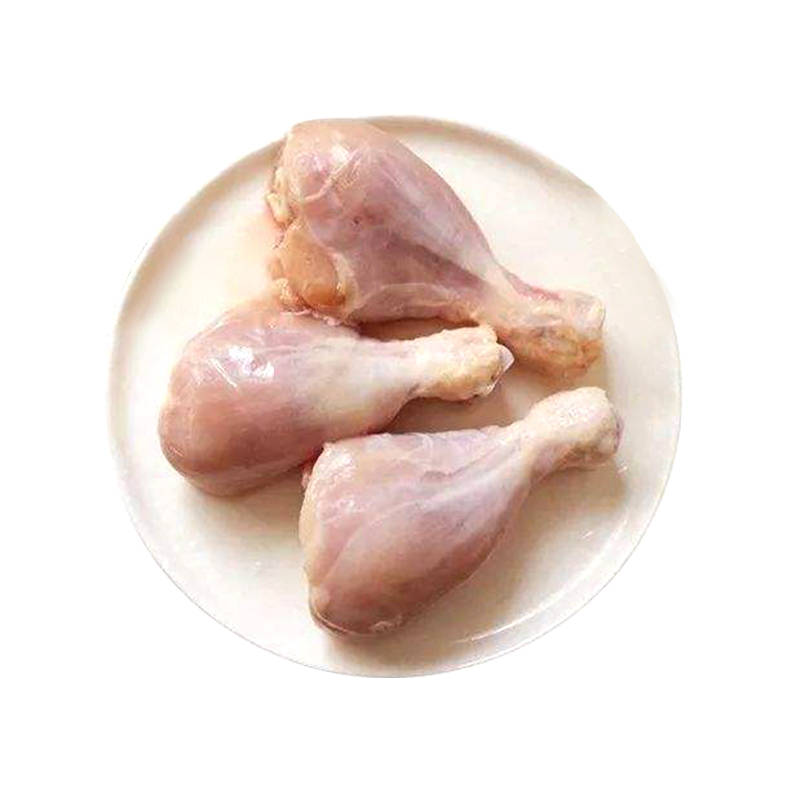Hypertension is a term that I believe everyone is familiar with. Hypertension is a common chronic disease. For hypertensive patients, it is known that medication is necessary to control blood pressure stability. These friends are also very conscious of their diet, so some hypertensive patients believe that they cannot eat meat. Is this true?
Meat is rich in protein, which is an essential nutrient for the body to maintain normal organ function. If there is a prolonged inadequate intake of protein, it can jeopardize the body’s health and lower organ function. For hypertensive patients, not all types of meat are off-limits. Let’s see which ones are suitable and which ones should be avoided or consumed in moderation.
1. Skinless chicken
Chicken meat is delicious and nutritious, providing a sense of fullness, low in fat, and contains vitamins B1, B2, and A. Some of these vitamins have cholesterol-lowering effects. Therefore, for hypertensive patients, choosing chicken meat can help control weight and lower blood pressure. Although there are many ways to cook chicken, it is not recommended to fry or roast it as this may lead to loss of nutrients and contribute to weight gain and high blood pressure.
Avoid eating chicken skin as it contains a significant amount of fat underneath the skin, with a high fat content that can lead to hypertension and increased blood lipid levels if eaten together with the meat for an extended period.
Therefore, hypertensive patients can eat chicken meat in moderation but it is advisable to avoid the skin.
2. Skinless duck
Duck meat is also rich in protein and high in unsaturated fatty acids, which to some extent, is beneficial for preventing cardiovascular diseases. Duck meat also contains minerals and vitamins necessary for human nutrition, so hypertensive patients can consume duck meat in moderate amounts for health benefits.
However, do not consume too much duck skin as it is high in fat content, leading to increased blood lipids and a higher risk of atherosclerosis.
3. Fish
Fish is delicious, mild in taste, popular, and rich in protein. For hypertensive patients, it is recommended to eat deep-sea fish, as it contains ample DHA that can help improve brain function and supplement unsaturated fatty acids. Long-term consumption of deep-sea fish can regulate cholesterol and triglyceride levels, reduce blood viscosity, keep blood vessels clear, effectively control and stabilize blood pressure. Therefore, hypertensive patients can safely consume this type of fish.
4. Beef
Beef is rich in nutrients and regular consumption can boost immunity, making it suitable for adults and children. Even patients hospitalized due to illness can eat beef in moderate amounts to replenish necessary nutrients and enhance immunity, aiding in a healthy recovery.
Therefore, hypertensive patients can eat beef in moderation to boost immunity, prevent other health issues, and ensure each system functions well, naturally regulating blood pressure. Although these types of meat can be consumed moderately by hypertensive patients, excessive consumption should be avoided as meat is not easily digested and overeating may strain the digestive system. Therefore, moderate consumption of these meats is recommended.
Additionally, in daily diet, attention should be paid to the intake of vegetables and fruits to ensure a balanced and nutritious diet, which is beneficial for blood pressure control.


